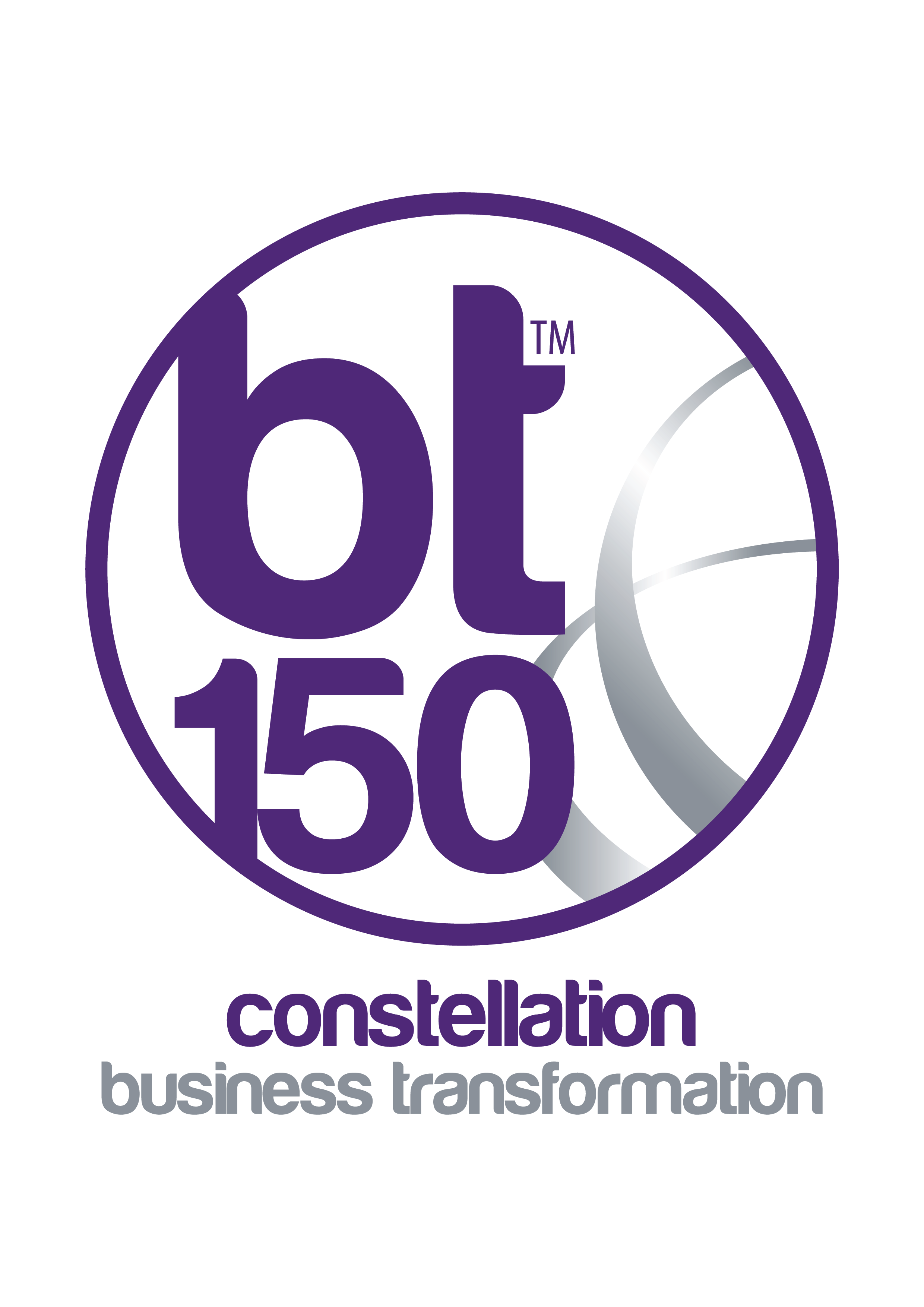AI agents remain the hot topic among BT150 CxOs and there’s little to no doubt multi-agent systems will be useful. However, there are doubts about vendor offerings, platform lock-in, data strategy, architecture and change management.
With our monthly meeting of BT150 CxOs, multiple agentic AI takes surfaced both about the present and the future. Our CxO call, which is operated under Chatham House rules, highlighted a bevy of takeaways. Here's the breakdown:
 The AI bakeoff is underway with a dose of agents. One company is handing its developers the latest AI tools as well as all the enterprise's processes and tasks. The goal: Teams come up with their best stuff and the best projects are ranked.
The AI bakeoff is underway with a dose of agents. One company is handing its developers the latest AI tools as well as all the enterprise's processes and tasks. The goal: Teams come up with their best stuff and the best projects are ranked.
But that bakeoff isn't necessarily done via a vendor--because agentic AI offerings are seen as too immature at the moment.
2025 BT150 zeitgeist:
- BT150 zeitgeist: CxOs weigh in on SaaS consumption models for genAI, agentic AI
- BT150 zeitgeist: AI, efficiency, vendor angst and finding the right IT structure
Is RPA still good enough? When you think about AI agents at a basic level, there are APIs, decision engines and process automation. The takeaway from CXOs is that in many cases RPA may still be good enough and use the tool that fixes the issue in the most cost effective manner. Simply put, everyone wants to use AI because it's sexy, but it may not be the right tool.
Agentic AI's transitional period. Today, agentic AI offerings are based on platforms and specific functions--sales and marketing, HR and finance. Teams are getting up to speed, but enterprise adoption is cautious. The caution is warranted because enterprises are trying to figure out how much performance is available for the cost, use cases and flexibility. Simply put, we’re in the AI agent vendor announcement phase with evolving customer use cases from early adopters.
- Enterprises will spend on agentic AI, but perhaps not yet
- The data wars are just starting and agentic AI may be a trigger
- AI agents bring consumption models to SaaS: Goldilocks or headache?
- Agentic AI: Three themes to watch for 2025
- Agentic AI without process optimization, orchestration will flop
- AI? Whatever. It's all about the first party data
- Enterprise AI: Here are the trends to know right now
Agentic AI should be horizontal by nature and break down silos. CxOs said for agentic AI to pay off it must be an overarching layer above data silos. Think bigger and about AI agents and get beyond silos. Related: OpenAI's support puts MCP in pole position as agentic AI standard
Role of the CIO changing. As agentic AI starts piecing together revenue channels and data owned by different stakeholders, ownership becomes an issue. Will the role of the CIO change from someone managing infrastructure and code to a business leader where everyone is a co-owner of the business. The CIO could be responsible for the semantic layer of the business and that data graph across processes.
The future of UI may be no UI. Packaged applications are basically data stores with UX on top. AI agents promise to take away the UX and replace it with voice or natural language. The big question is whether customers are ready for it. It's unclear whether the real benefit of new agents is building applications and ditching SaaS.
A no UI future will require a lot of change management. Enterprises have acquired so much packaged software that there will be pressure to bring back familiar user interfaces.
CxOs are thinking about building their own platforms that are agentic. Enterprises with agentic AI can thinking through composable architecture, self-generated UIs and low code ways to build their own platforms. The challenge with AI agents is that line of business leaders will simply buy platforms for their spaces, lose the plot and simply recreate SaaS sprawl. As noted previously, integrators may wind up being the most valuable agentic AI players.
Vendors that are all-in on agentic AI may be surprised to hear that customers are thinking AI can be used to develop cross-function internal AI agent platforms . Workato launched Workato One. Oracle launched AI Agent Studio to create and manage AI agents. ServiceNow's latest release of its Now Platform has a bevy of tools to connect agents and orchestrate them. Boomi launched AI Studio. Kore.ai launched its AI agent platform, and eyes orchestration. Zoom evolved AI Companion with agentic AI features and plans to connect to other agents. Salesforce obviously has Agentforce.
Data quality will be everything and fortunately AI can be a big help. For AI agents to really work, data lakehouse infrastructure will be critical to break down silos. The direction of data flow will also change with AI agents so the communication path will matter. Right now, data is often siloed without much housekeeping. The big question is whether enterprises will build their own data lakehouses or leave data in application silos.
CxOs agreed that owning the data stack will unify everything and allow you to control your destiny. Realistically, the best you'll do is have two or three lakehouses due to platforms you’ll need to keep. That tally sounds like a lot, but it's infinitely better than the way some enterprises operate today.


